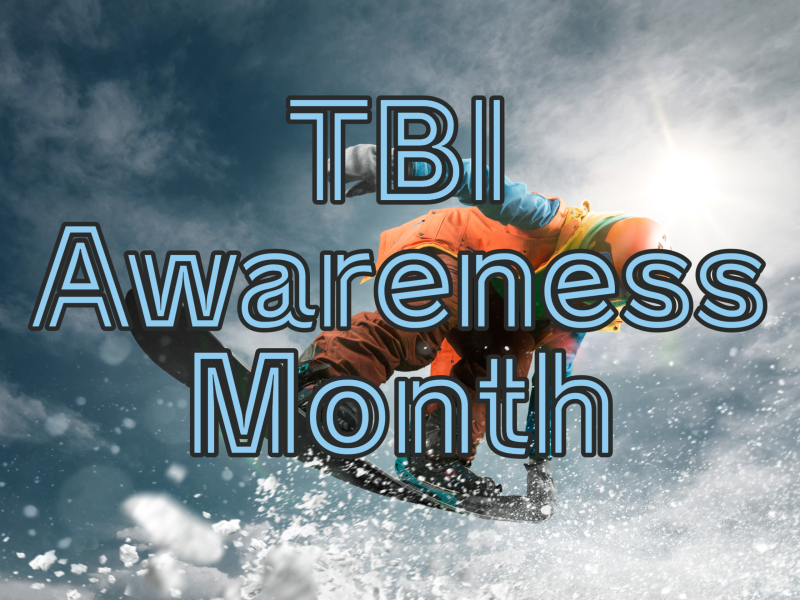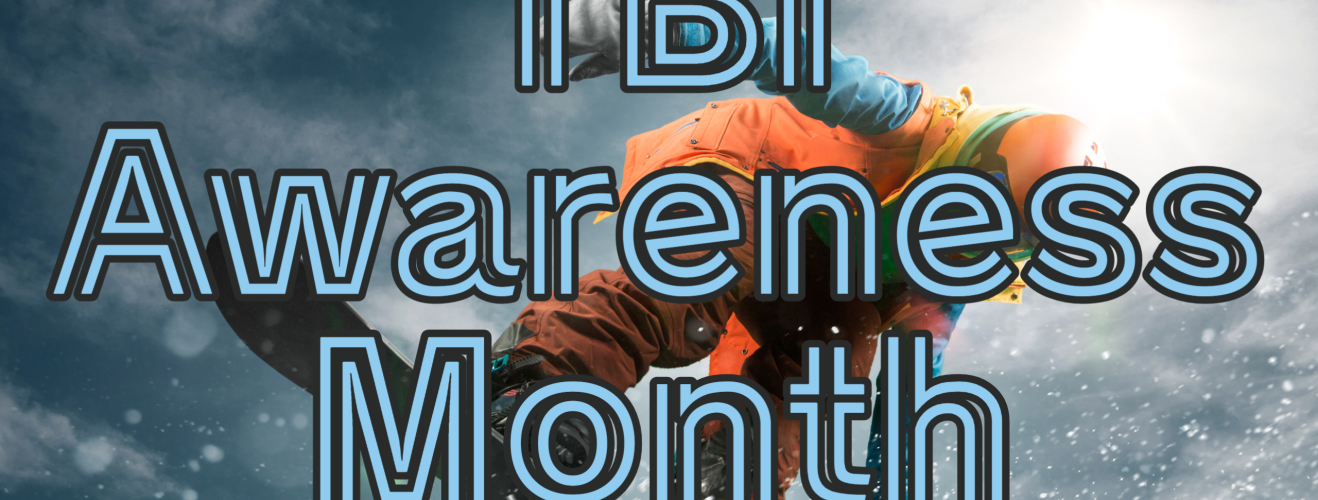

MSD Nurses Share Injury Prevention Tips
Millions of people in the United States participate in winter sports each year including skiing, snowboarding, sledding, ice-skating and other snow sports. These activities are thrilling and fun for all ages, but high speeds and slippery surfaces can lead to serious injuries. Doctors may describe concussions as “mild” because they are usually not life threatening, but the effects can be serious, and you should seek medical attention if you or a family member suffer a head injury.
These injury prevention tips can help prepare you and your loved ones to play safely:
-
Always wear a properly fitted helmet and replace it after a serious fall.
Make sure your helmet fits securely on your head over whatever hat your wear to keep warm. It’s also very important to replace your helmet after a serious crash. Some helmets are built to only withstand a single impact, while others can withstand more than one — depending on the severity. The snow may seem soft, but trees, ice, and other people aren’t.
-
Have fun, but know your limits.
If it’s your first time on the slopes, take lessons from an expert. Learn the fundamentals from a pro, start slowly and be patient. Know your limitations and make sure children do as well. Young children should never play on snow or ice without close supervision. For snowmobiles and ATVs, remember children under age 6 should never ride on them and no one under 16 should be driving them.
-
Be aware of your surroundings and stay alert.
- Be sure to scope out the trail, sledding hill, or skating rink before you take off at full speed.
- Be aware of blind spots, turns, and sudden drops or knolls.
- Try to avoid crowded areas, as you could also be injured when someone else does something irresponsible.
- Try to stay near the center of the trail or hill to avoid obstacles.
Don’t ski or sled near or through trees. - Stay alert and don’t wear headphones. You need to hear what’s going on around you.
-
Know the warning signs for concussion.
If you or someone you are with takes a hard spill, be sure you recognize the warning signs of a traumatic brain injury.
Signs and symptoms of a mild brain injury, or concussion, can show up right after the injury, or they may not appear until days or even weeks afterward. Concussion symptoms can include:
- Headaches
- Weakness
- Numbness
- Decreased coordination
- Confusion
- Slurred speech
- Nausea and vomiting
Sometimes people complain of “just not feeling like themselves.” If you or a loved one notices any of these symptoms, you should seek medical attention right away. If the person loses consciousness, call 911 or seek emergency medical help as soon as possible.
Finally, if you have a concussion, give yourself a chance to heal. Experiencing a second head injury before the first one heals could have long-term consequences.